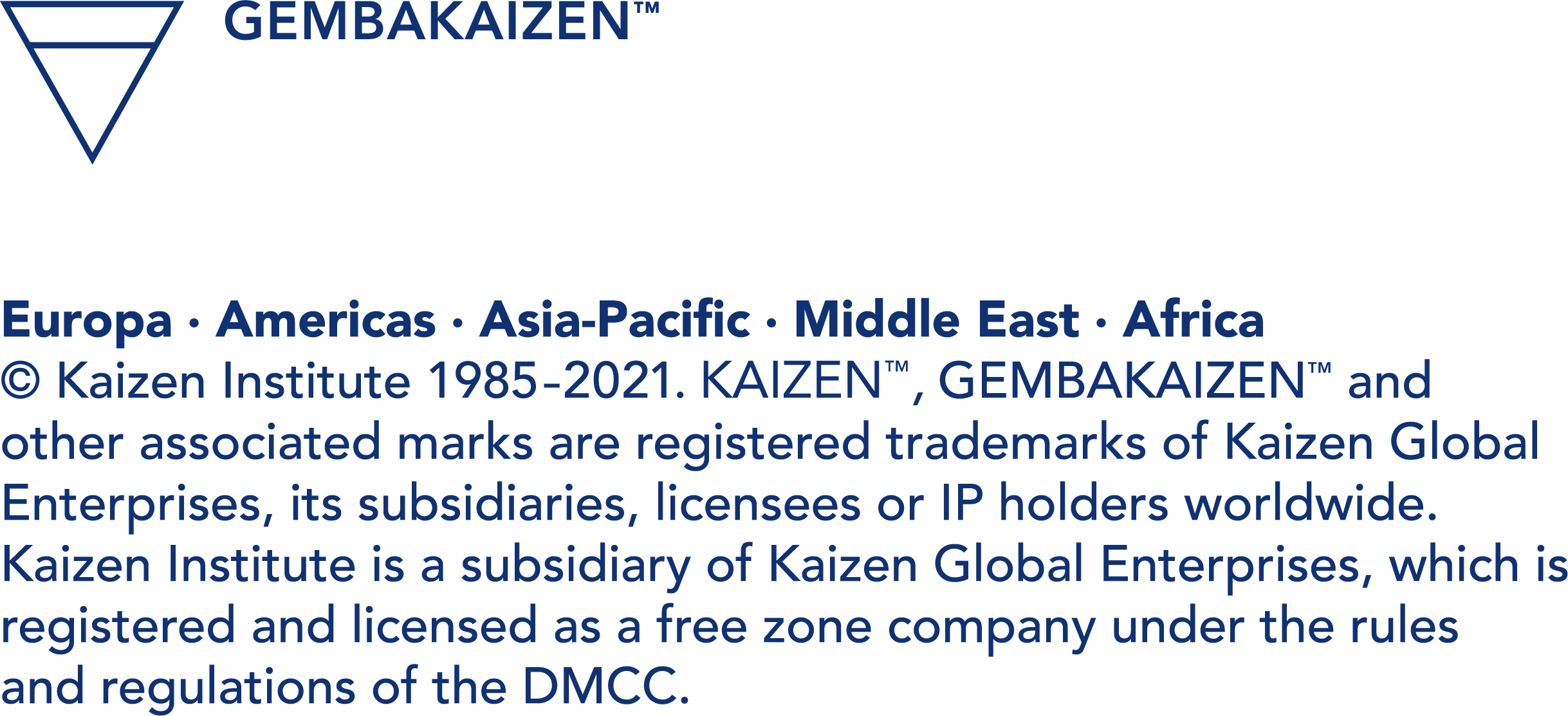Culture and engagement of employees will remain top priority for organizations globally. This is something that helps to achieve business excellence. Organizational Culture is the culmination of the processes, the attitudes of each and every employee and the ideologies we share. The way we talk, behave and deal with external world creates a mental picture, right?
According to Fons Trompenaars and Charles Hampden - Turner in their book, "Riding The Waves of Cultures" different cultures tend to fall at different points on these spectrums which could cause clashes:
PRINCIPLE VS PRAGMATISM
How we approach rules and contracts
Principle : Time, logic and contract are a big concern in negotiation
Pragtamtism : Relationship and trust are important. They are flexible with time and structure
INDIVIDUAL VS COMMUNITY
How we approach collaboration and independence
Individual : Quick-decisions, committed decisions, high self-interest, talks from the 'I' perspective
Community : Negotiate in teams, consult with bosses, evaluate from organizational benefit, talk from the 'we' perspective
SPECIFIC VS DIFFUSE
How we separate work from life
Specific : Speak directly and bluntly (can be perceived as aggressive), transparent with their aims, separate business and social spheres, approach every situation differently.
Diffuse : Speak circuitously (can be perceived as evasive), may have a non-stated agenda, view business and personal as overlapping, avoid conflict to protect relationship, evaluate situations as part the wider context.
ACHIEVEMENT VS ESTEEM
How we approach status in negotiations
Achievement-oriented : Specialists in their jobs, varying in age/ gender/ class/ ethnicity, respect expertise and track record, competence is valued of seniority, should include a senior figure while negotiating with esteem-oriented counterparts.
Esteem-oriented : Senior people in the company, respect seniority, should include a functionally competent figure when negotiating with achievement-oriented counterparts, resent having their functional competent exposes.
INNER-DIRECTION VS OUTER-DIRECTION
How to adapt to changing circumstances
Inner-directed : Narrow objectives, accept and embrace conflict, stick to their convictions, resilent to changing their postition and avoidant of changing circumstances.
Outer-directed : May have multiple objectives, view conflict as disruptive, adapt easily to changing circumstances.
SEQUENTIAL TIME VS CYCLICAL TIME
How we approach time constraints
Sequential : Prefer to negotiate one issue at a time, base negotations on a schedule, unwilling to deviate from set plan.
Cyclical : Prefer to negotiate multiple issues simultaneously, no strict agenda, will adjust schedules to suit priorities and circumstances
A positive and supportive culture, in which professionalism, high achievement, continuous improvement and team-building spirit is concentrated, will propel employees to work at a higher level. Likewise, a poor company or an non-supportive culture that is too causal, disorganized and or even unethical in its values and practices will adversely affect your employees' morale and performance.
Acknowledgement: The Gap Partnership Infographic
In case you missed it, our last post was on Factors That Affect Disruptive Innovation Part II of II
And, if you wish to read & learn more from our blog, click here to follow our blog by subscribing the same.


.jpg)









